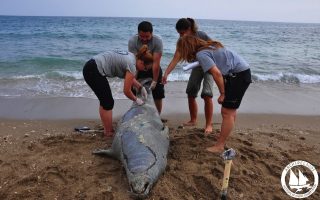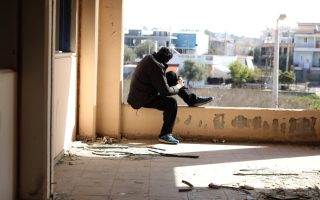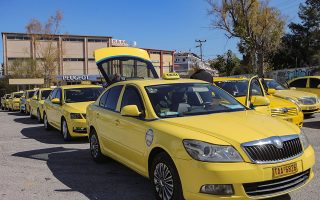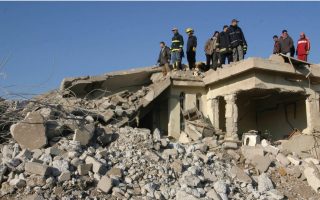Illegal construction, tax dodging continues unabated on Myconos
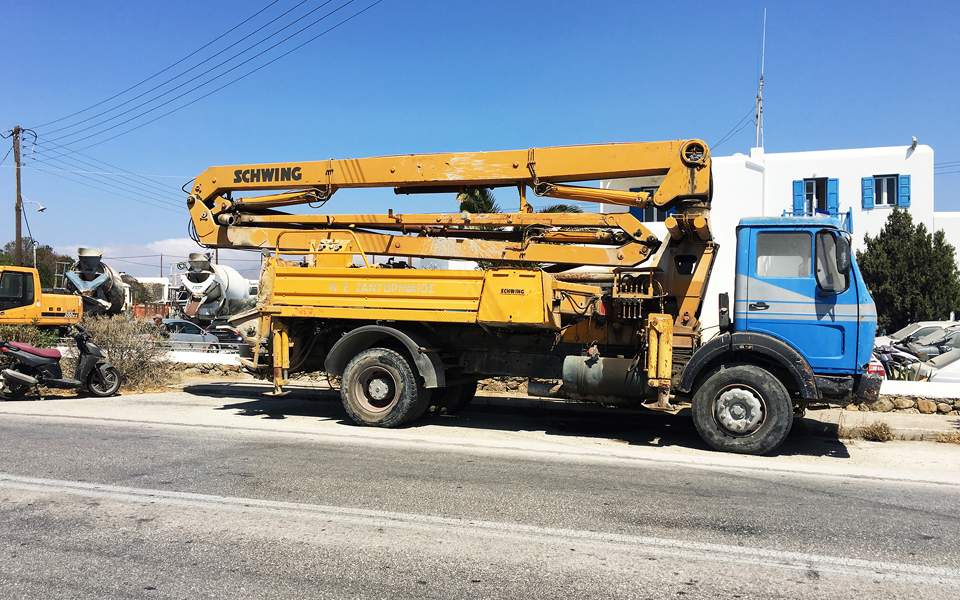
The head of urban planning on the island of Myconos, Antonis Kastorinis, had just returned to his office after inspecting an illegal house on Mirsini beach. “This year, I’ve approved 5 million euros in fines but I’m working alone. I have two contractors on my staff who don’t even have the authority to sign the fine notification document handed to violators,” he says.
In April last year Kastorinis was arrested for breach of duty and making a false claim for issuing a 24-hour earth-moving license for a plot where construction had been banned since the summer of 2015. The case is pending and Kastorinis claims he was not involved in any illegal transactions.
Kastorinis was dismissed from the urban planning department for more than six months, leading to a buildup of dozens of cases because nobody else has the legal right to sign off on them. According to witness accounts from that same period, construction proceeded with impunity. Information obtained by Kathimerini shows one property owner took out a repair license for a stone-built structure used for housing animals and eventually built hotel rooms instead.
When Kastorinis returned to work at the beginning of 2017, the stamp of approval for construction on the island was in the hands of the deputy mayor who – as he says – “surrendered it” in May.
This summer, tax inspectors went under cover posing as Italian tourists. They booked rooms under pseudonyms and changed vehicles frequently as they went from place to place with the aim of making it hard for anyone to track their movements across the island. All the same, some business owners on Myconos and neighboring islands still managed to stay one step ahead of them, sending each other warning messages whenever anyone suspected of being an inspector was spotted heading in their direction.
Increased scrutiny by tax officials has resulted in a higher rate of VAT tax collection than last summer on Myconos. One of the most notable cases is a beach bar that paid 1 million euros in value-added tax alone in July of this year, more than twice the amount it paid last July. In June the business paid 260,000 euros in VAT, compared to 120,000 euros the previous June.
In April, 2016, Myconos Mayor Konstantinos Koukas asked the General Secretary of Public Property Nikolaos Matzakos to ban the use of protected beaches for private gain. Included among these is Panormos beach, although someone was still renting out sun loungers in that location this summer. Last year 44 fines for illegal exploitation were imposed on beachside businesses on Myconos, totaling 1,590,000 euros. Kastorinis told Kathimerini that this year a fine of 800,000 euros was imposed on a beachside business for the illegal construction of four buildings without a permit.
One businessman who spoke under the condition of anonymity admitted to Kathimerini that he was among those who had done so. If a police patrol was spotted coming their way, one of his employees would pose as the person in charge, in exchange for 100 to 150 euros extra for their troubles.
If they were arrested, they would only spend a few hours at the police station. Normally someone who is arrested should be taken to a prosecutor’s office, but the nearest one to Myconos is on Syros, and detainees aren’t often taken there due to the high cost of transporting them.
“Every summer we’d get fined 14,000 euros for our activities on the beach. We would easily make that much in one day,” the anonymous businessman said.
